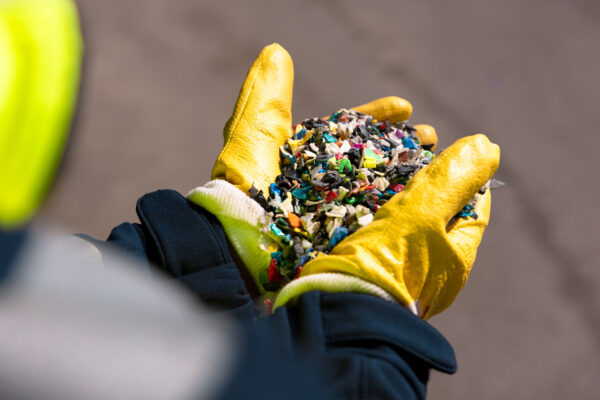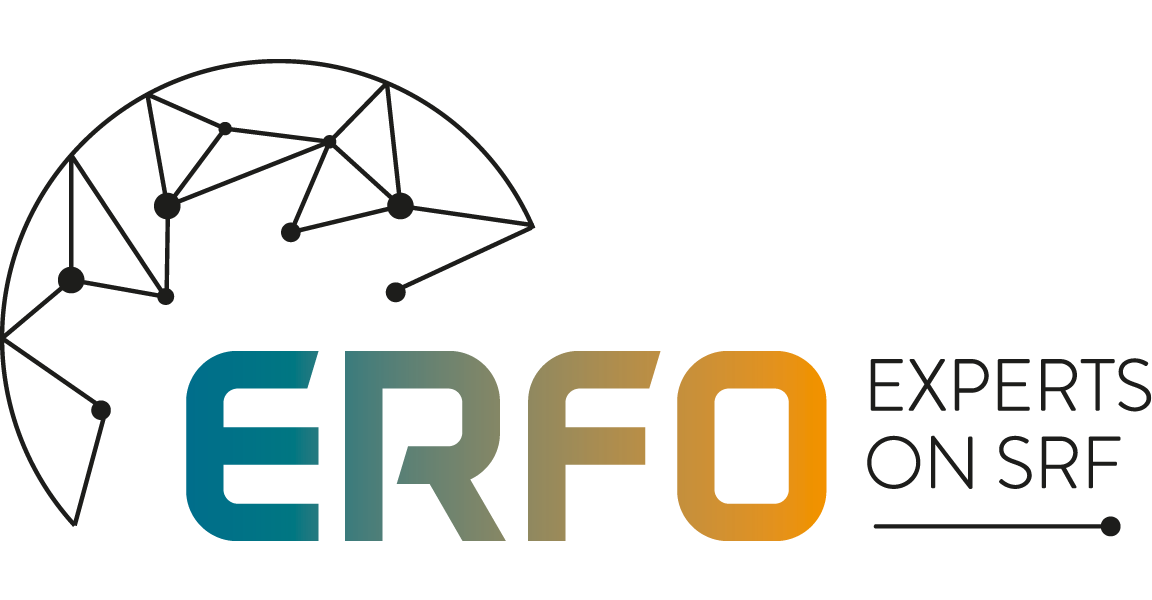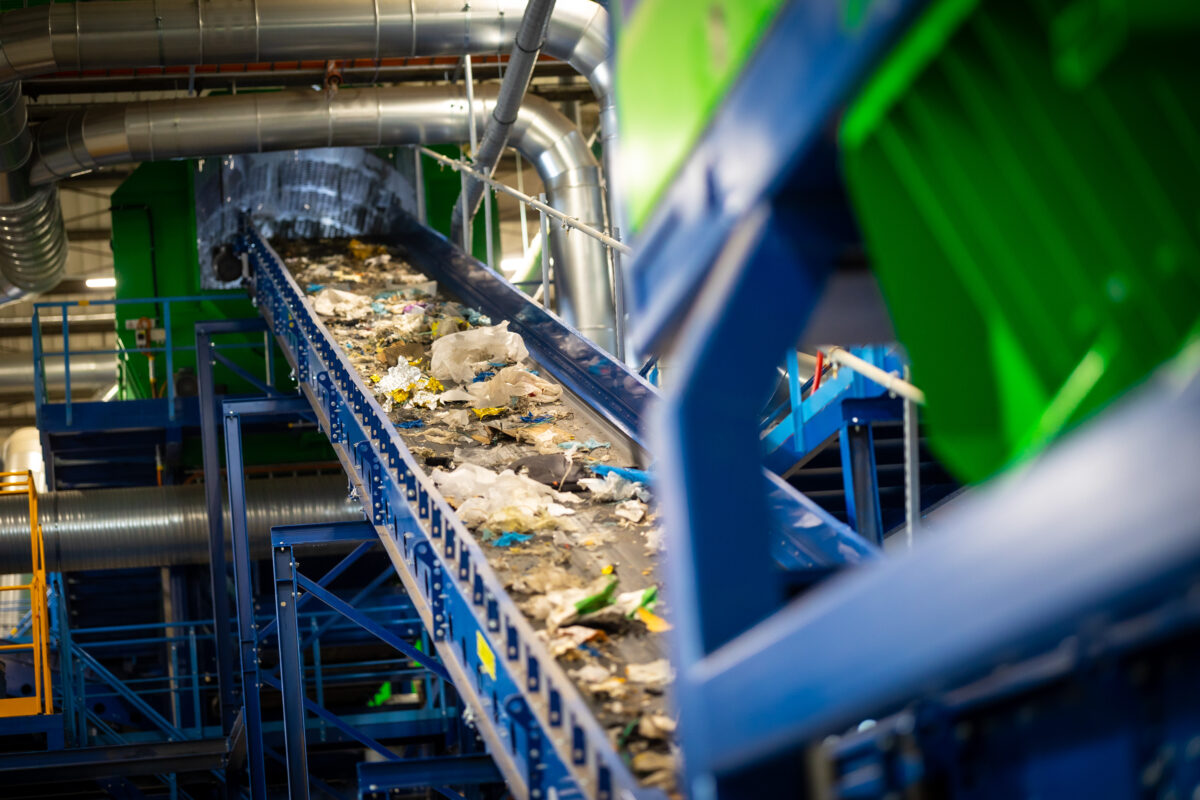The Flemish Region in Belgium has the ambition to become the leading recycling hub in Europe. In order to achieve this goal, it is constantly adapting the regulation applicable to the sector, known as the VLAREMA legislation, in order to increase source separation of waste and keep the residual fraction as low as possible.
Stricter rules for source separation
As a matter of fact, since January 1, 2023, stricter rules for source separation apply. 25 waste streams have to be sorted separately and have to be checked by the waste collectors. In addition, residual Commercial & Industrial Waste (C&IW) collected directly from clients must be sorted before being sent to an incineration plant. Performance criteria have also been strengthened to prevent recyclable fractions from being incinerated as it appeared that, in practice, significant quantities of recyclable materials were still ending up in incineration plants.
Advanced sorting lines
The current approach of the Flemish Region has directly aroused the interest of companies to make important investments, as studies show that source separation has its limits. ERFO member Renewi, as a waste-to-product company, sees therefore interest in advanced sorting lines to further sort the residual fractions. Renewi is planning to develop 325.000 ton of sorting capacity spread over three of its sites. The Ghent plant has already started operating, whereas in Puurs the construction of a 125.000 ton facility has started. A next plant is to be developed at the Beringen site of Renewi.
It is expected that the sorting of residual waste will result in thirteen types of recyclables, which is 38% more than the European average. Besides recovery of recyclables, the sorting plants will also be able to produce feedstock to make SRF from. It is expected that each line will produce approximately 10 ktpa of SRF.


